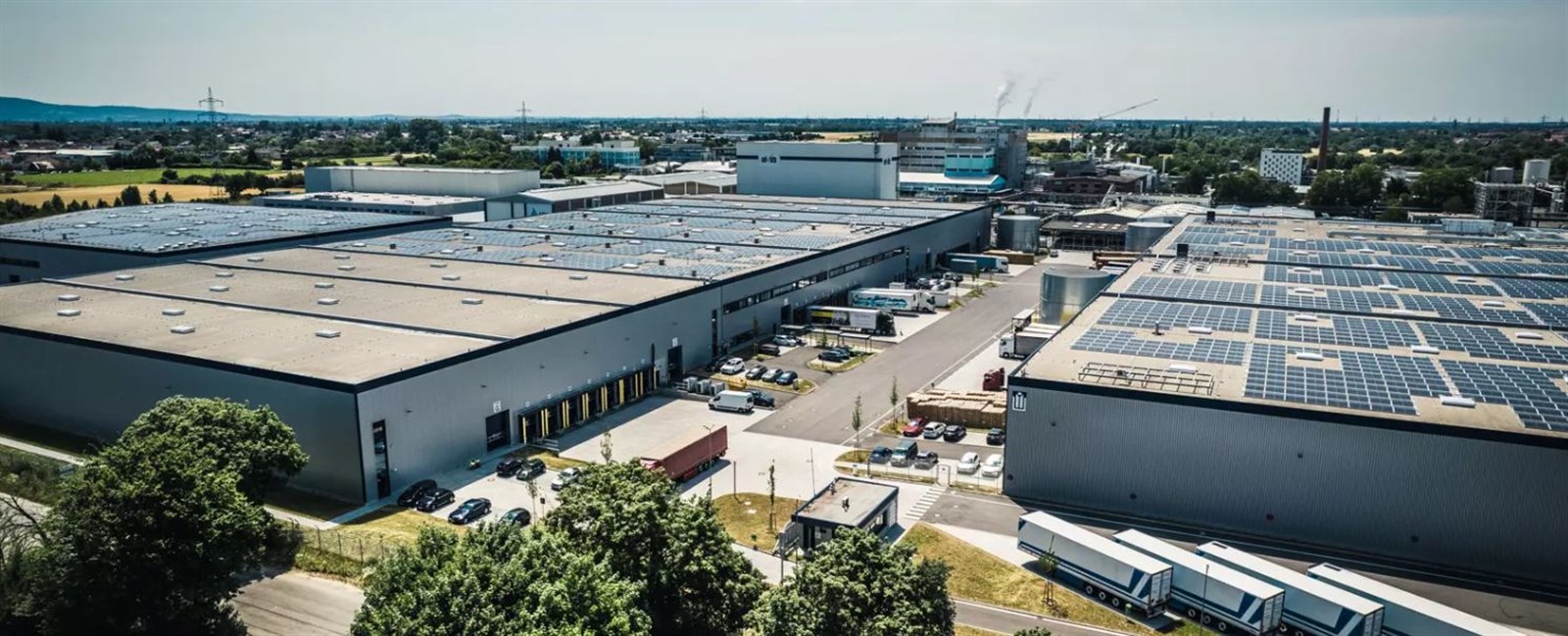Panattoni reveals increasing commitment to sustainability in European logistics
 Panattoni has again joined forces with the international law firm HFW and research specialist Analytiqa to unveil the pulse of sustainability in European logistics and supply chains for 2023. Findings reveal that:
Panattoni has again joined forces with the international law firm HFW and research specialist Analytiqa to unveil the pulse of sustainability in European logistics and supply chains for 2023. Findings reveal that:· 72% of respondents are committed to reducing CO2 emissions in the next 5 years
· The demand for electric vehicle (EV) charging points is surging from 53 to 67%
· Warehouse energy saving solutions are important or very important to 81% of respondents
The latest “European Logistics & Supply Chain Sustainability Report 2023" highlights a surge in sustainability focus on electric vehicle charging points, water resource conservation, and battery storage for onsite renewable energy in 2023.
Drawing parallels with the 2022 report, where a staggering 80% of respondents emphasized the need to reduce carbon footprints, this year showcased that 45% of companies are ready to pay a rent premium matching total operating cost savings to transition into “green” facilities. Intriguingly, this number jumps to 51% for third-party logistics providers (3PLs), marking a distinct trend toward sustainable real estate options. Emilia Dębowska, Sustainability Director at Panattoni, commented, “Given the context of fuel and energy threats, it is unsurprising to see that for the second year, energy saving solutions (such as solar panels, lighting sensors, LED lighting, heat exchangers next to refrigerating appliances etc) will be a key focus and the most important ESG feature to a company’s warehouse operations – 64% of all respondents said so”.
This year report’s findings also show a sustained reliance on certifications like BREEAM, with a noticeable jump from 27% to 31% in its adoption rate. Despite the weight of operational costs, a solid third of businesses today also recognize the tangible value of environmental certifications, and another 53% are weighing it against potential costs. Accreditations from standards like CDP and GRI have also reinforced this growing commitment.
When analysing some of the legal and contractual issues around sustainability, Matthew Gore, Partner at HFW,noted, "In 2023, 72% of companies (up from 69% last year) incorporated ESG targets during their tendering processes. This year, our findings show more companies including ESG targets as obligations for supply chain partners to meet in their contracts (32%, up from 28% last year). Whilst acknowledging that companies can, and do, take multiple approaches to tracking contractual ESG compliance, it is clear that the use of self-reporting is diminishing and the use of audit rights is increasing."
The consequences for failure to meet defined targets is now less likely to be a financial penalty, with more companies insisting on the right to terminate contracts if these are not met. 13% of all respondents have either lost or not renewed a warehouse contract because of a failure to meet ESG targets.
One of the report's standout sections for 2023 is the emphasis on the role of governmental and industrial guidelines in determining the future of fuel choices. The need to decarbonize road fleet operations looms large, with a strong 66% deeming proximity to electric charging points 'Very Important' or 'Important.' However, this figure has seen a decline from 77% in 2022, highlighting a potential shift towards businesses favouring individualized charging infrastructures
The 2023 survey goes on to accentuate the magnitude of challenges companies face but, more importantly, underscores a continued and determined move toward greater sustainability. The tangible benefits, including heightened appeal to investors, amplified media coverage, and broader government support, are compelling incentives.
This extensive survey, conducted across 15 pivotal European nations, including the Netherlands, Poland, Germany, France, and the UK, has captured nuanced insights from logistics service providers, freight forwarders, courier industries, and buyers from both manufacturing and retail sectors.
